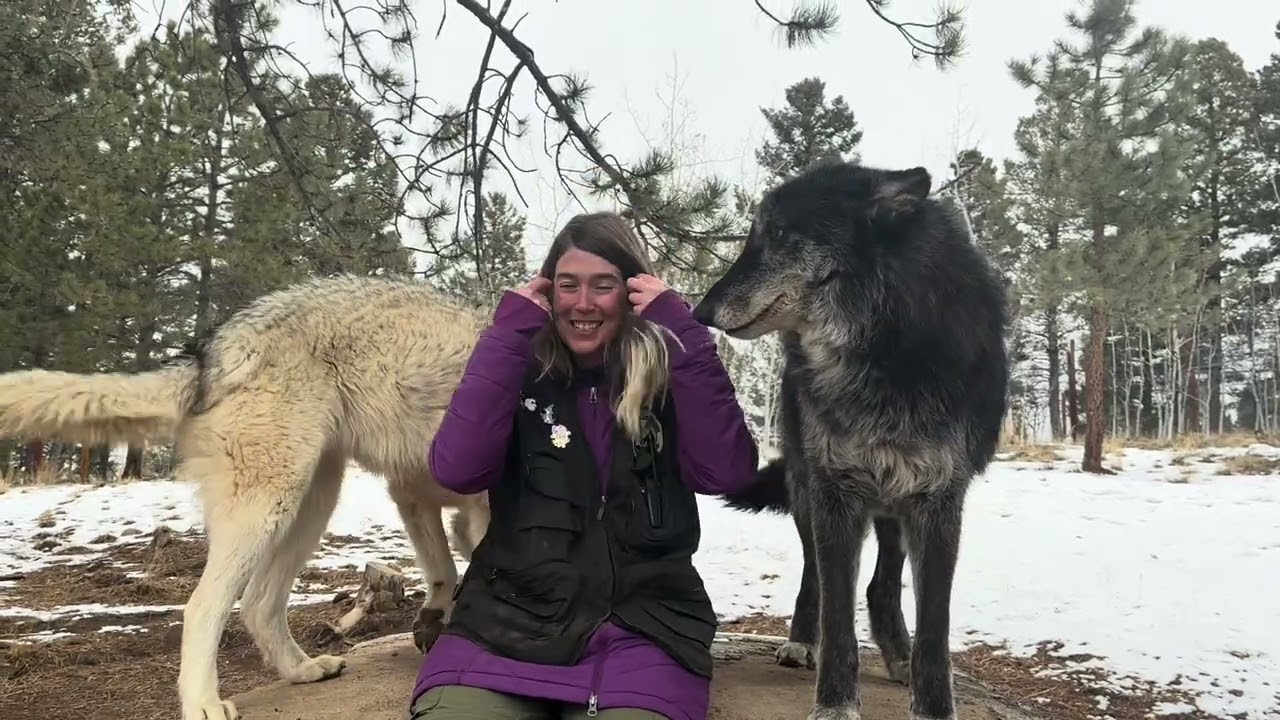- Detailed insights into Wolf Talk – Special Edition!: Exploring its purpose, activities, and significance in fostering understanding about wolves.
- Zoological and ecological aspects of wolves: An examination of wolf biology, behavior, and their role within ecosystems.
- The role of zoo management in wildlife conservation: Understanding the strategies and challenges involved in housing and educating about wolves.
- Importance of community engagement and education in conservation efforts: Highlighting how programs like Wolf Talk – Special Edition! contribute to global conservation awareness.
- Conservation strategies and the global impact of wolf preservation: Addressing current global conservation efforts and initiatives focused on wolf preservation.
Wolf Talk – Special Edition! is designed to offer an intensive and immersive educational experience focusing on wolves, highlighting their significance in ecological systems and the broader field of conservation. Hosting such events plays a crucial role in raising public awareness and appreciation for these vital predators. Delving into the specifics of this special edition, it’s essential to address the multifaceted aspects of zoology, zoo management, and wildlife conservation linked to this program.
Wolves, primarily known for their intelligent social structures and dynamic roles in nature, serve as subjects for educational programs like Wolf Talk. Such programs aim to deepen public understanding of wolf biology and ecology. Wolves are complex creatures, belonging to the family Canidae, with social dynamics worthy of exploration. Each pack consists of a hierarchical structure led by an alpha pair, guiding the group’s hunting and social interactions. This social organization is pivotal for survival, as coordinated efforts are necessary for securing prey and maintaining territory.
From an ecological perspective, wolves are keystone species, playing a fundamental role in ecosystem balance. They control the population of herbivores like deer and elk, which in turn affects vegetation patterns. This top-down regulation ensures biodiversity by allowing various plant and animal species to thrive. Programs like Wolf Talk – Special Edition! extend the opportunity to explore these ecological intricacies by offering live demonstrations, educational talks, and interactive experiences with wolves in captivity, providing insights into their natural behavior and ecosystem contributions.
The role of zoo management in wildlife conservation is another key theme within the context of this special edition program. Effective zoo management involves creating environments that mimic natural habitats, promoting physical and mental well-being for captive animals like wolves. It requires a carefully crafted balance between animal welfare, visitor interaction, and educational value. Accredited zoos dedicate resources to research and conservation, with careful planning to ensure habitats stimulate natural behavior and social interactions among wolves.
Zoos often collaborate with conservation organizations to promote species preservation. Breeding programs are crucial for maintaining genetic diversity and ensuring long-term species viability. With the threat of habitat loss and human-wildlife conflict rising, these programs contribute significantly to maintaining global wolf populations. Zoo education programs, including Wolf Talk – Special Edition!, play a vital role in this endeavor by raising awareness of conservation practices and inspiring actionable change.
Community involvement and education are critical components of conservation efforts. People are more likely to engaged with conservation if they understand the species they are protecting. Programs like Wolf Talk – Special Edition! facilitate this by making learning accessible and engaging. By promoting conservation education, such initiatives encourage individuals to participate in wildlife preservation, whether through direct action or support for conservation policies and organizations.
The broader scope of global conservation initiatives focuses on preserving wolf habitats and reducing conflict with humans. Efforts to establish wildlife corridors, legal protection, and community-based conservation projects are essential for wolf survival beyond zoo settings. International collaborations often come into play, highlighting the necessity of unified actions across borders to secure a sustainable future for wolves.
In summation, Wolf Talk – Special Edition! serves as a conduit for promoting understanding and appreciation for wolves. By exploring zoological aspects, emphasizing effective zoo management, and fostering community education, these programs become instrumental in the global mission of wildlife conservation. Through strategic initiatives and public awareness, it is possible to create a harmonious coexistence between humans and wolves, safeguarding our natural heritage for future generations.
*****
Source Description


